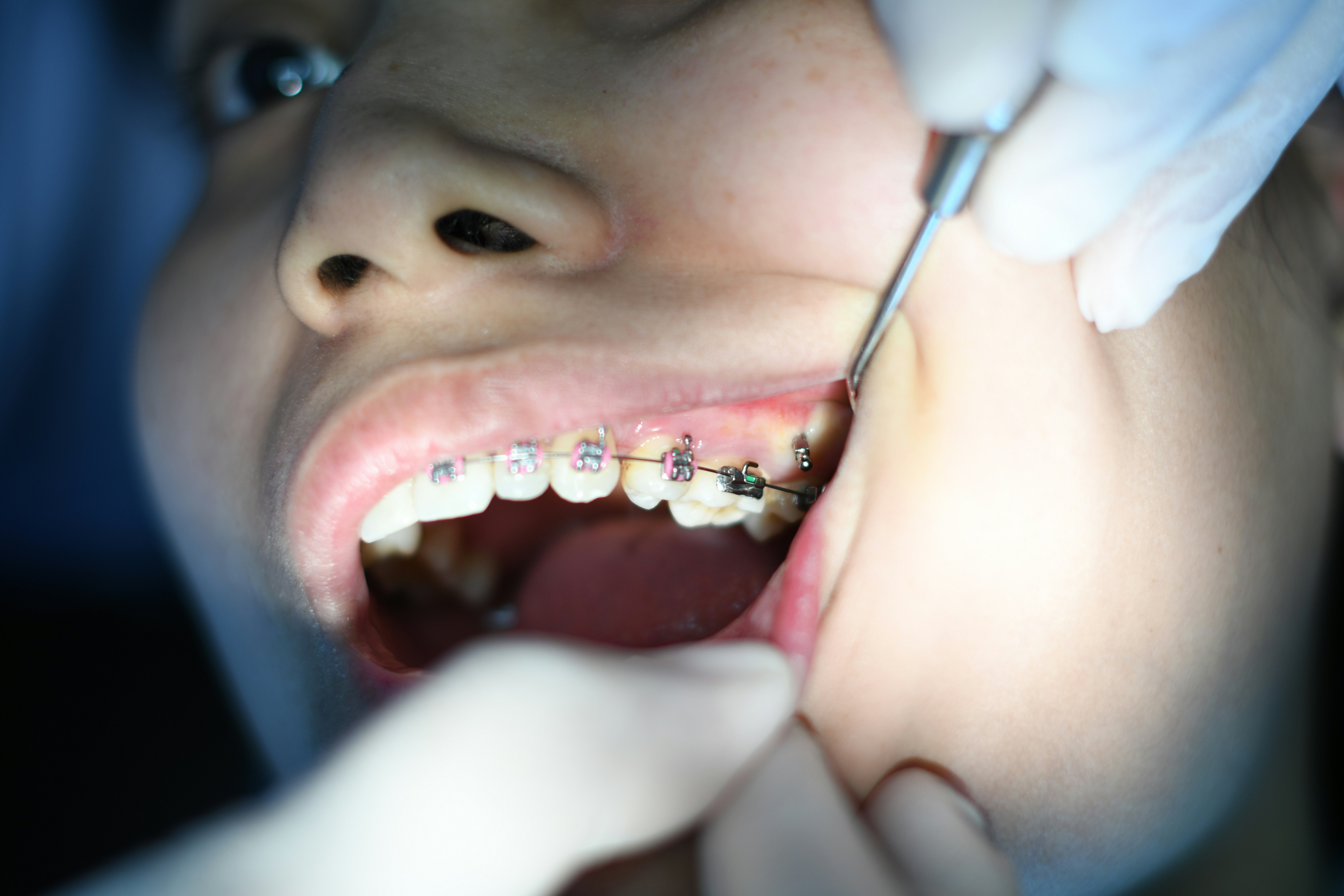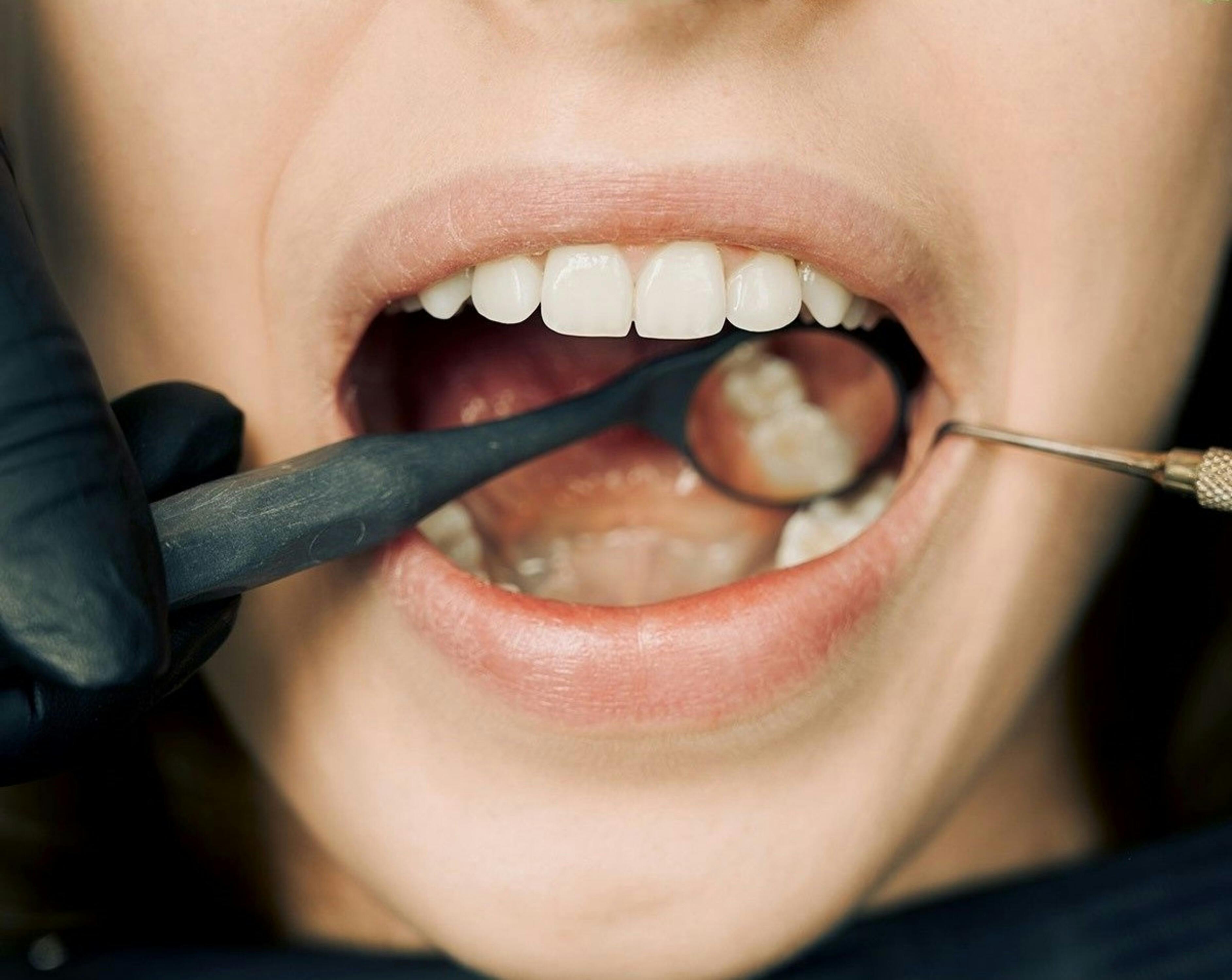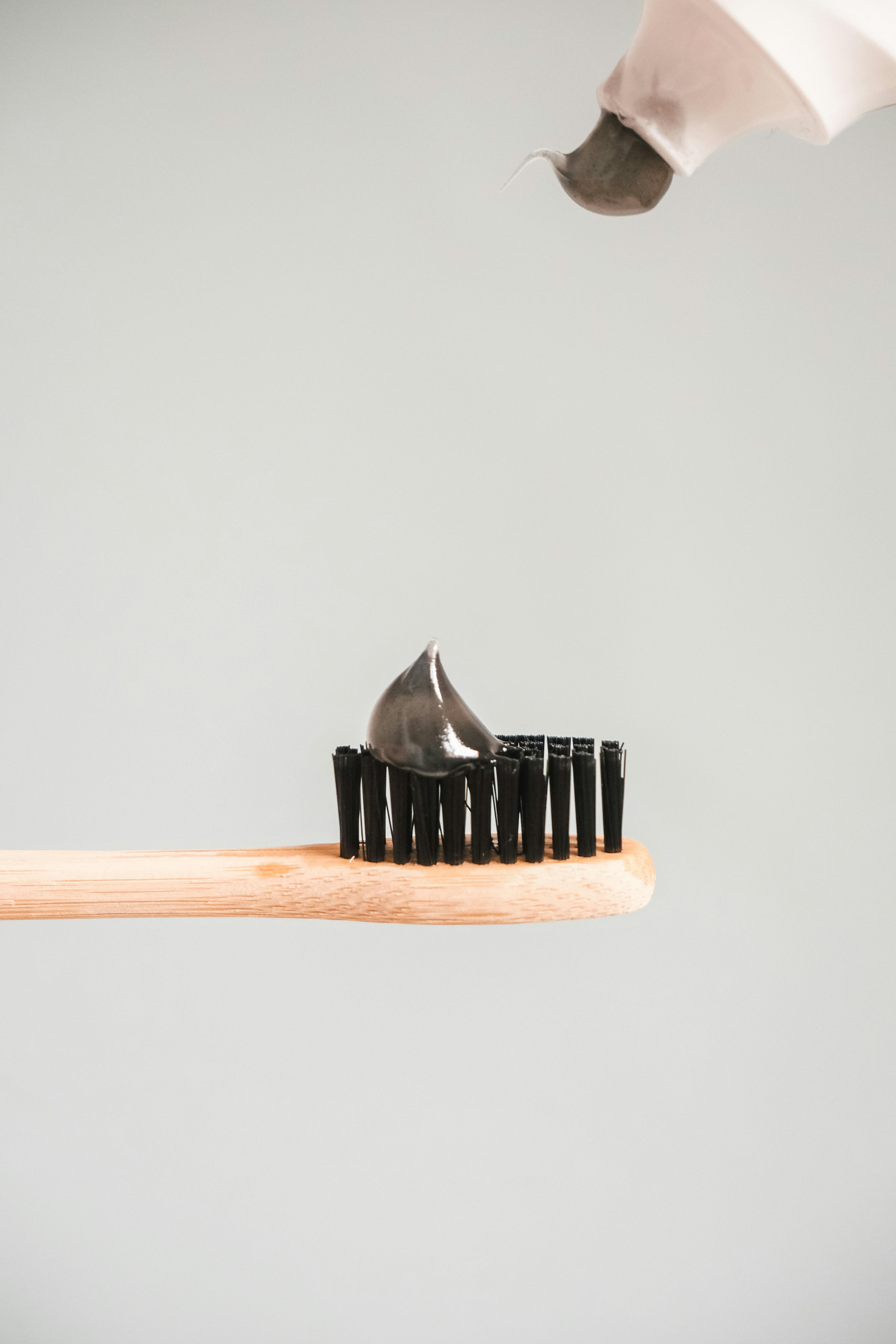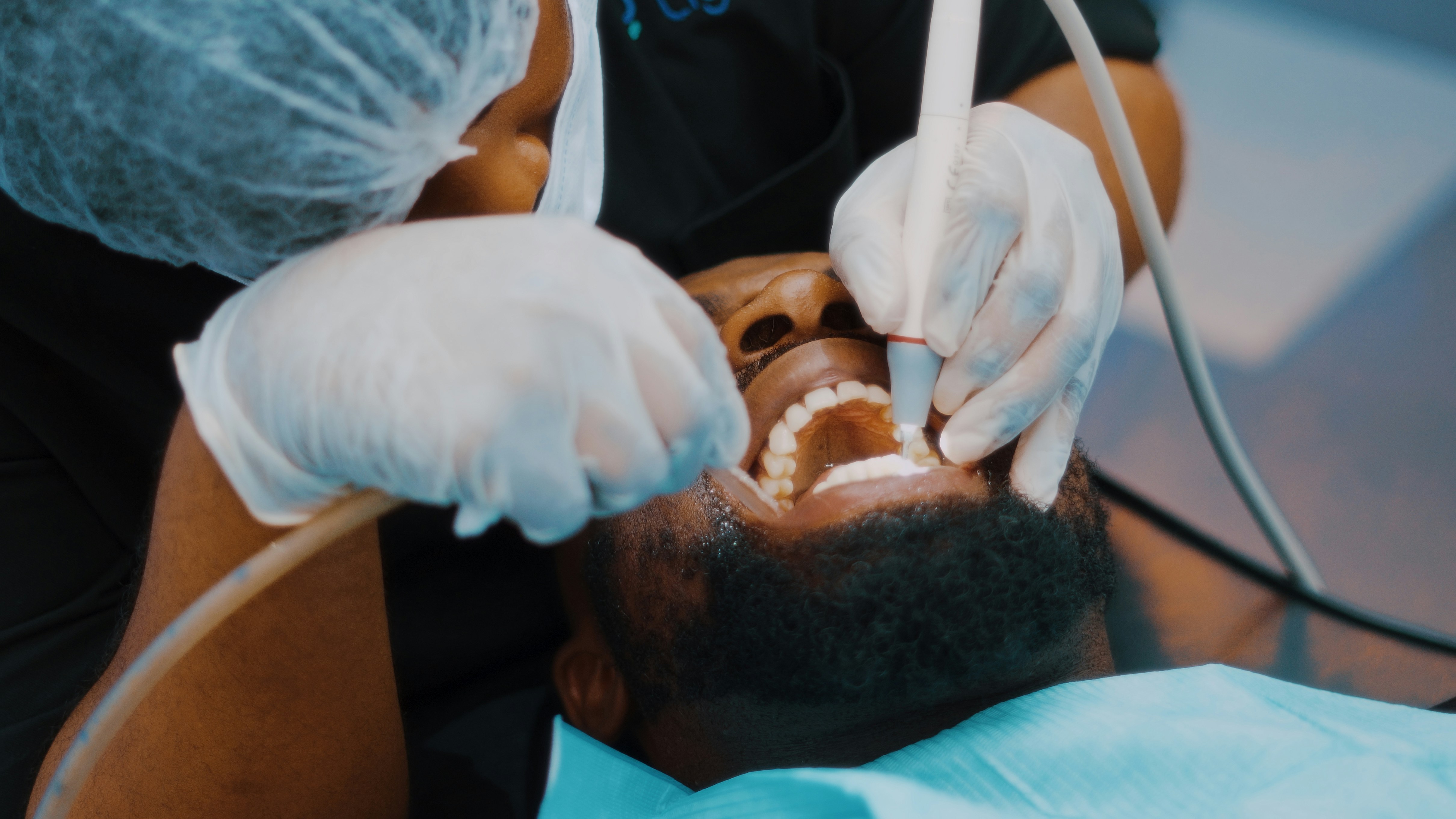How Thumb Sucking Affects a Child’s Teeth and How to Stop It
How Thumb Sucking Affects a Child’s Teeth and How to Stop It
Thumb sucking is a natural reflex for many babies and young children. It helps them feel secure, self-soothe during stress, and fall asleep more easily. In infancy, this habit is generally harmless. But when it continues beyond toddler years, it can begin to affect the development of your child’s teeth and jaws.
At Gargi’s Dental Care, Kolkata, we frequently counsel parents on how to manage thumb sucking in a way that’s gentle, positive, and effective. If your child is still sucking their thumb past the age of 3 or 4, here’s what you need to know—and how you can help them stop.
Why Do Children Suck Their Thumbs?
Thumb sucking is a built-in soothing behavior. Infants may begin this habit even before birth. For many toddlers, thumb sucking becomes a comfort mechanism—especially during sleep, anxiety, or boredom. Most children naturally outgrow the habit by age 4 or 5, but for some, it lingers longer and becomes a concern.
How Thumb Sucking Affects Dental Development
When thumb sucking continues past the age when permanent teeth start erupting (around age 6), it can lead to dental issues such as:
Open bite: The upper and lower front teeth don’t meet properly, leaving a gap even when the mouth is closed
Overbite: The upper front teeth tilt outward while the lower teeth tilt inward
Speech issues: Misalignment of the teeth and jaw can cause lisping or difficulty pronouncing certain sounds
Changes in jaw shape: Continuous pressure from the thumb can narrow the palate (roof of the mouth) or push it out of alignment
Skin irritation: The thumb itself can become chapped or infected from prolonged exposure to saliva
The intensity and duration of the habit matter. A child who sucks their thumb vigorously or frequently is more likely to experience these effects than one who does so only occasionally or during sleep.
When Should You Be Concerned?
Most dental professionals recommend intervention if thumb sucking continues beyond age 4, or if it appears to be causing visible changes in the child’s bite or speech. The earlier the habit is addressed, the easier it is to reverse its effects—and avoid the need for orthodontic treatment later on.
How to Gently Help Your Child Stop Thumb Sucking
Stopping thumb sucking should always be handled with patience and empathy. Here are some strategies that can help:
Positive reinforcement: Praise your child when they avoid thumb sucking. Use a sticker chart, verbal encouragement, or small rewards to motivate them.
Identify triggers: Notice when and why your child sucks their thumb—is it boredom, fatigue, or stress? Addressing the root cause can make it easier to break the habit.
Provide comfort substitutes: Offer a soft toy, blanket, or stress ball during moments when your child usually sucks their thumb.
Set limits: Start by limiting thumb sucking to certain times, like bedtime, and gradually reduce it from there.
Use visual reminders: Consider gentle reminders like a bandage on the thumb or a fun nighttime glove—not as punishment, but as a nudge.
Involve your child: Talk to your child about the effects of thumb sucking on their teeth and let them take ownership of the goal to stop.
Consult a dentist: At Gargi’s Dental Care, we can provide supportive, child-friendly advice and—if necessary—recommend a custom appliance to discourage the habit in a non-invasive way.
Can Dental Issues from Thumb Sucking Be Reversed?
If the habit stops early enough, the teeth and jaw often realign naturally as your child grows. However, persistent thumb sucking may require orthodontic evaluation and correction later. Early dental visits are key to monitoring development and spotting concerns before they become more serious.
We’re Here to Help You Raise Happy, Healthy Smiles
Thumb sucking doesn’t make your child “bad” or “naughty”—it’s just a habit, and with the right guidance, it can be overcome. At Gargi’s Dental Care, Kolkata, we work closely with parents to offer gentle solutions that support your child’s growth, confidence, and oral health.
Book a pediatric dental consultation today and let’s work together to create a plan that’s right for your child.










